Education doesn’t stop at the school gates. Beyond the classroom, parents are essential
collaborators with the school, providing an enduring fount of new ideas and thinking for
education. In order to do this, it is essential to maintain strong communication between
the school and families. One such method is the Primary School's bi-weekly education
reflection, shared through the principal’s newsletter, which keeps parents up-to-date
on the latest trends in education relevant to their children’s learning.
The Education Reflection covers a wide variety of topics, among them character education and self-management as well as mental and physical fitness. They also introduce parents to the different types of learners and offer advice on how parents can build constructive relationships with their children. Both the campus leadership team and teachers contribute to this guidance, including Primary Principal Siobhain Allum (Education Reflection | Joining hands to build virtue), Deputy Principal Crick Chen, Director of Lower Primary Nectar Wang, Director of Upper Primary Michael Bailey, Director of Primary Academics Michelle Ip, as well as subject teachers, counsellors and teacher librarians.
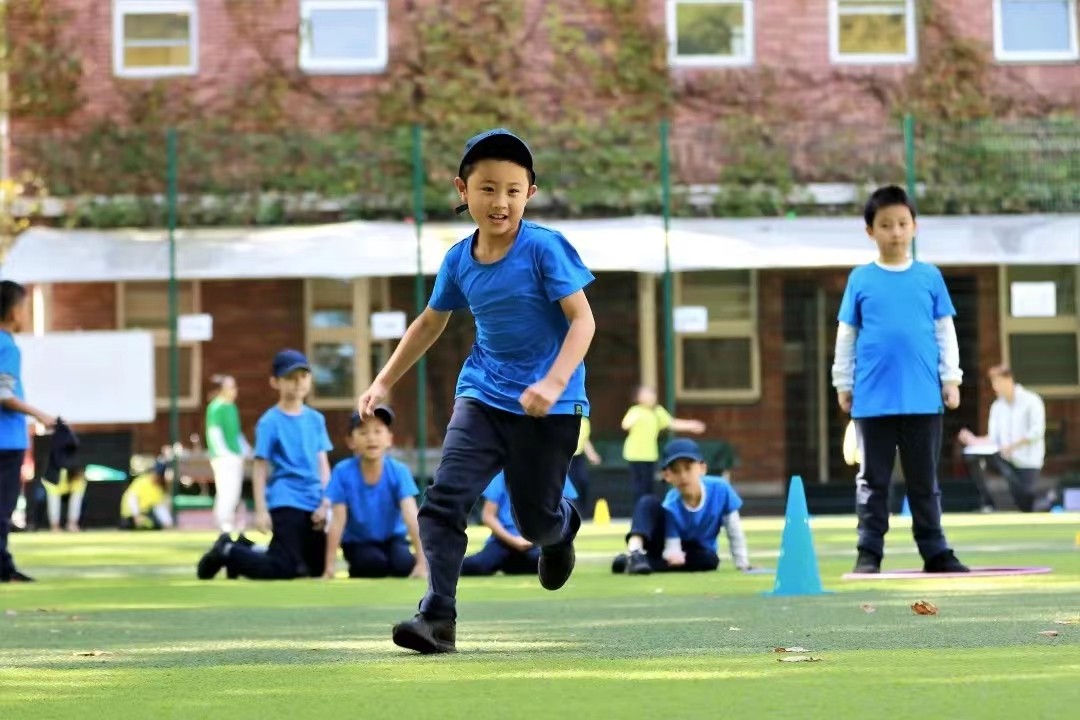
On talking about the importance of “balance”, Crick Chen, Primary Deputy Principal says that even though diligence and time management are essential qualities, which need to be taught and cultivated from a young age, it is also important to take the time to relax and enjoy life. These qualities are not only valuable in education but also provide an essential philosophy for life. Further, Nectar Wang, Lower Primary Director explains the importance of adequate sleep, alongside balancing study time with rest and play for the healthy development of Primary School children. For parents, it is suggested to make schedules with their children, so that they can learn how to prioritise time and understand time management.
For schools and educators, the process of selecting topics and preparing guidance based on children's growth needs and parents' concerns is also an excellent opportunity for reflection and learning. Recently, Michael Bailey, Upper Primary Director, used the Education Reflection to discuss the importance of empathy and how to nurture it - an excerpt of which is below:
Empathy- think 'we' not 'me.'
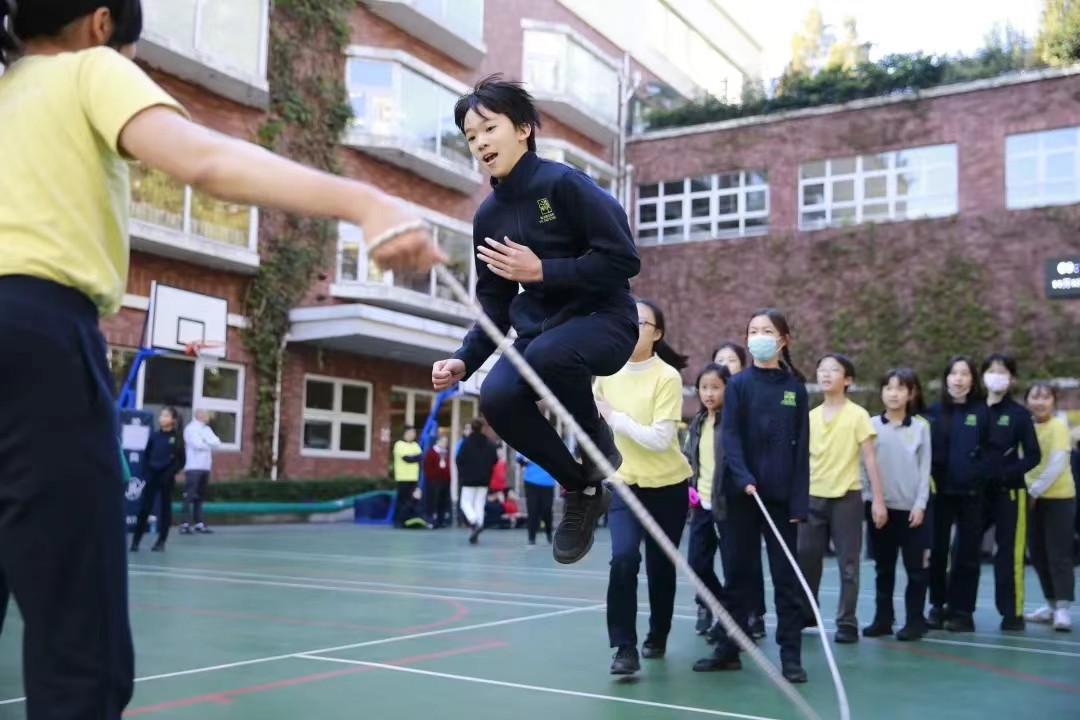
Pao School has always put a significant effort into developing students' character. This was highlighted again when Dr. Michele Borba, an educational psychologist and best-selling author, was invited to speak at the Global Education Forum in October 2021. Borba is an inspiring speaker who has spent many years researching children worldwide to identify what makes students thrive. She has identified seven traits that she believes are crucial to allowing children to thrive: self-confidence, empathy, self-control, integrity, curiosity, perseverance and optimism.
Empathy is usually defined as the ability to sense other people's emotions, coupled with the ability to imagine what someone else might be thinking or feeling. In today’s society, empathy is increasingly seen as hugely important. Dr. Borba also believes that having empathy can reduce stress and boost trust, creativity, connection, kindness and moral courage.
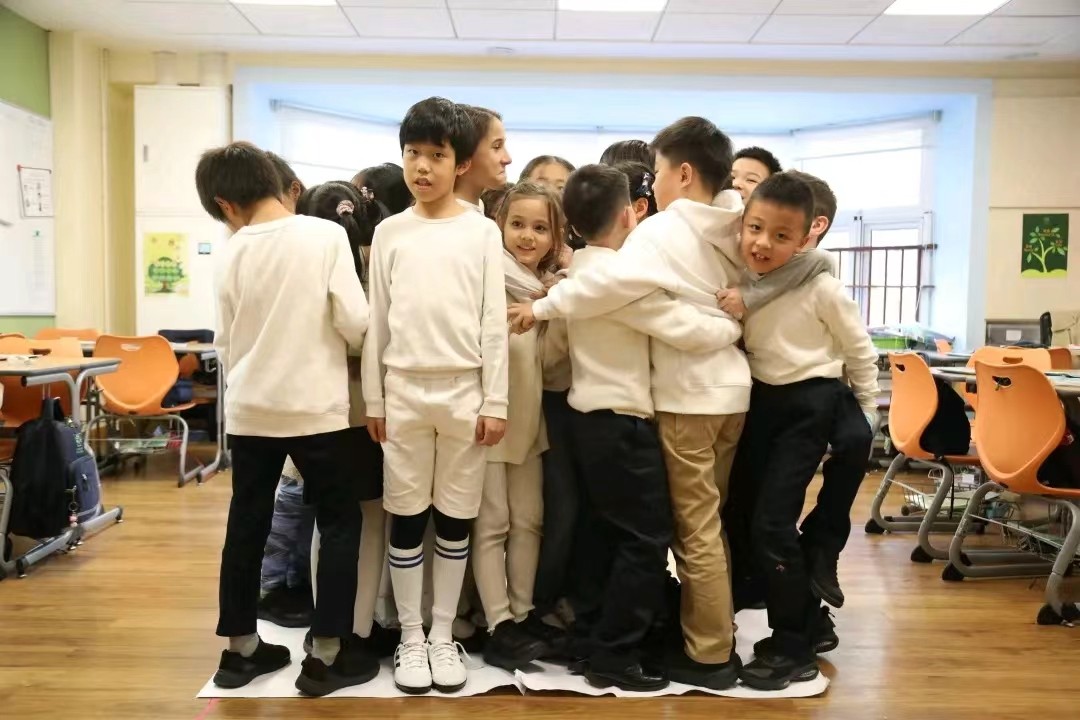
Empathy is not fixed within us; it can develop under the proper guidance. First and foremost, children need to be aware of their own feelings and be able to verbalise them. If they cannot say how they feel, they will struggle to become sensitive to others' feelings. Parents should regularly ask their children how they feel and push for more detail, for example, they could ask: “You seem a little upset, am I right?" Children need to know that it is okay to feel different emotions and not to hide them, parents can model this to their children by saying things like: "I didn't sleep much, so I'm irritable.". As children learn a lot from watching those around them and everything parents do will be copied, "Do as I say, not as I do" just does not work.
As children develop the skill of naming their own feelings, parents can move on to teaching them to pay attention to how others might feel. They can try pointing out people's faces and body language at the mall, library, or playground: "How do you think that man feels? “Have you ever felt like that?" Then, turn this observation of feelings into a game: "Let's guess how she feels." "Look at her body language."
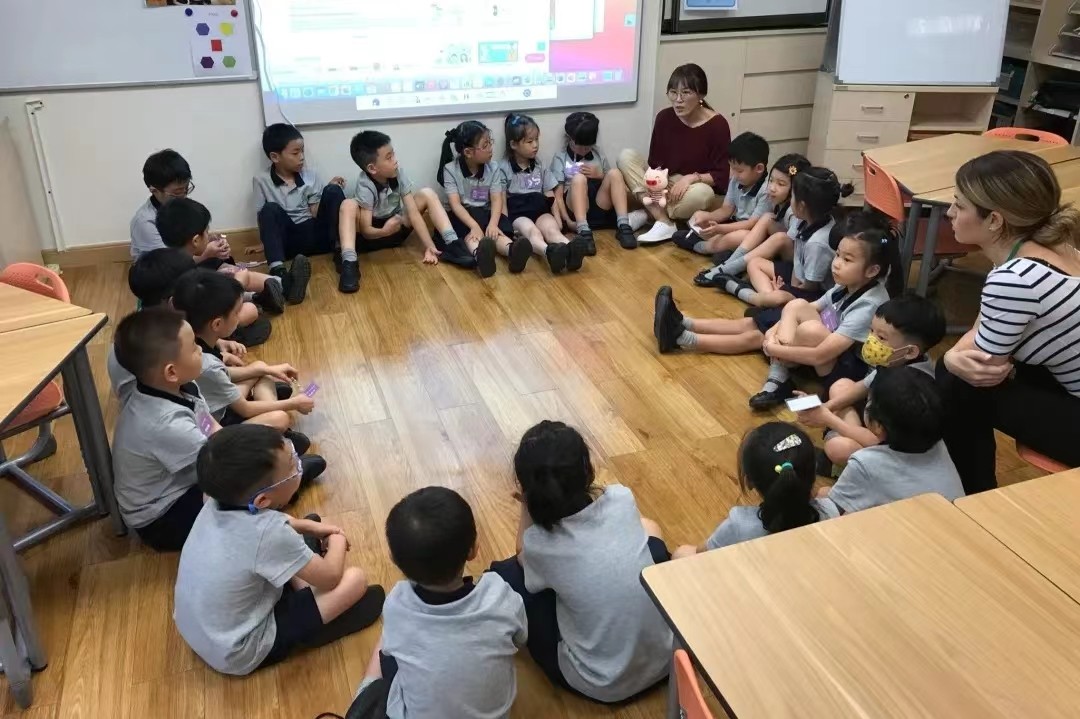
Another way parents can develop empathy in their children is through gratitude. Research confirms that boosting gratitude in children not only enhances empathy and optimism, but it also reduces self-centeredness, anxiety, depression and loneliness. Mental health is an important topic in today’s world, so maintaining a healthy mental state through gratitude is worth pursuing. A simple game that supports mental health is called "Give me Five!". To play, simply go around the table at dinner, and everyone must say five things for which they are grateful.
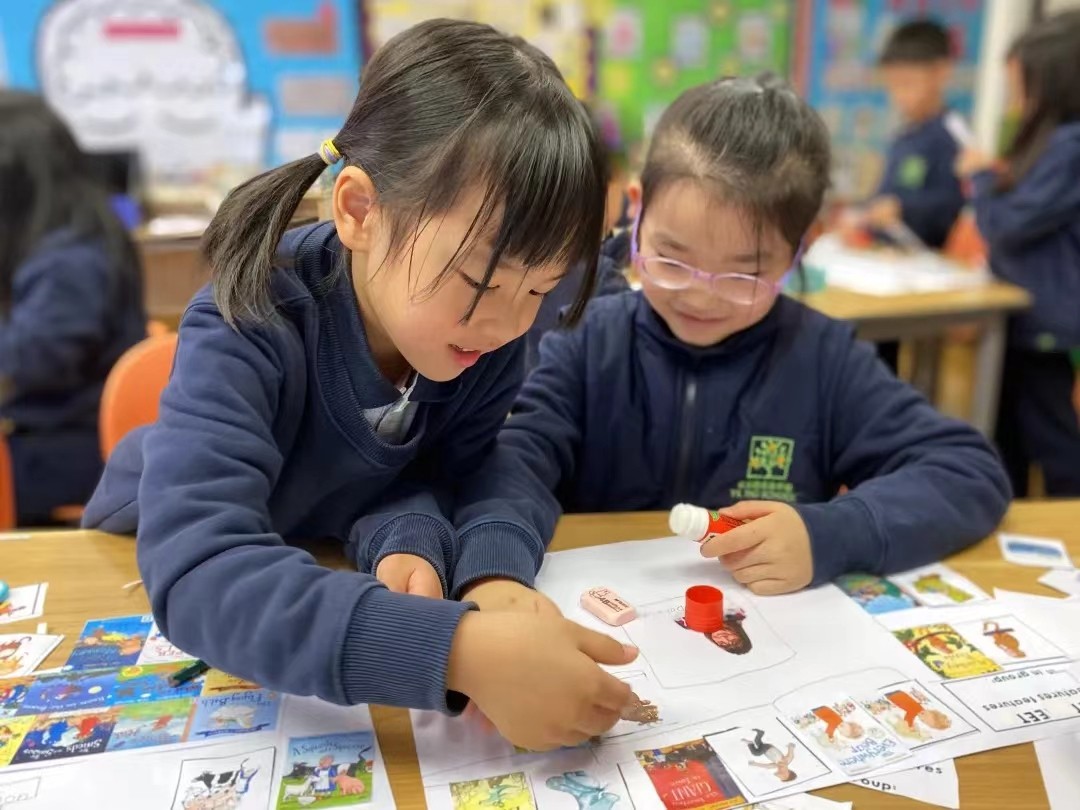
A final point on developing empathy: If parents want their children to feel for others it is imperative that they have these expectations for the kids. Science has proven that "parents who express disappointment (not anger) about uncaring behaviours raise kids with stronger moral identities and perspective-taking abilities."
This means parents should name the uncaring acts they see. For example: "Texting when Grandpa was talking was impolite." Then, parents can frame the impact the action had on others: "How do you think Grandpa felt when he was talking to you?” Finally, parents can reclaim the expectations they have for their child: "I'm disappointed in your behaviour because you are a caring person." It is important to make clear to children that parents expect them to care for and repair any harm caused.
Empathy is a necessary trait to develop as it helps students thrive in a world of joy
and kindness. The best thing about it is that it is teachable, and it is never too late
to do so! Parents should consistently be the model they want their children to be.
——Michael Bailey Director of Upper Primary
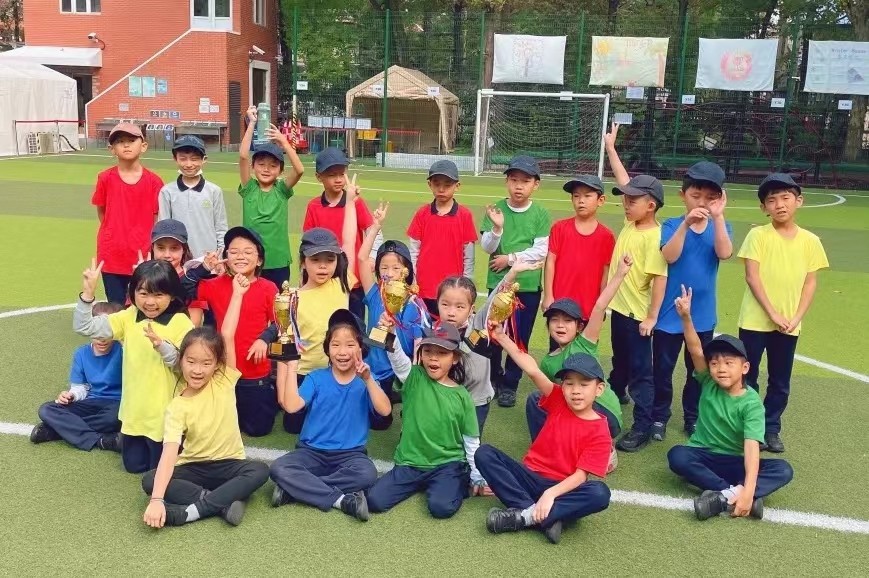
We have our Pao Student Characteristics which can help our students to develop the
right attitudes and characteristics to make them their best selves. Are we being
compassionate in our thoughts and deeds? Are we acting with integrity? Doing the
right thing even when no one can see? Are we balanced in ourselves and on behalf of
students? As teachers, we discuss and teach these qualities every day, if you can also
reference them at home as well, then our students will really embrace and develop them well.
——Siobhain Allum Primary School Principal and Head of Wuding Campus